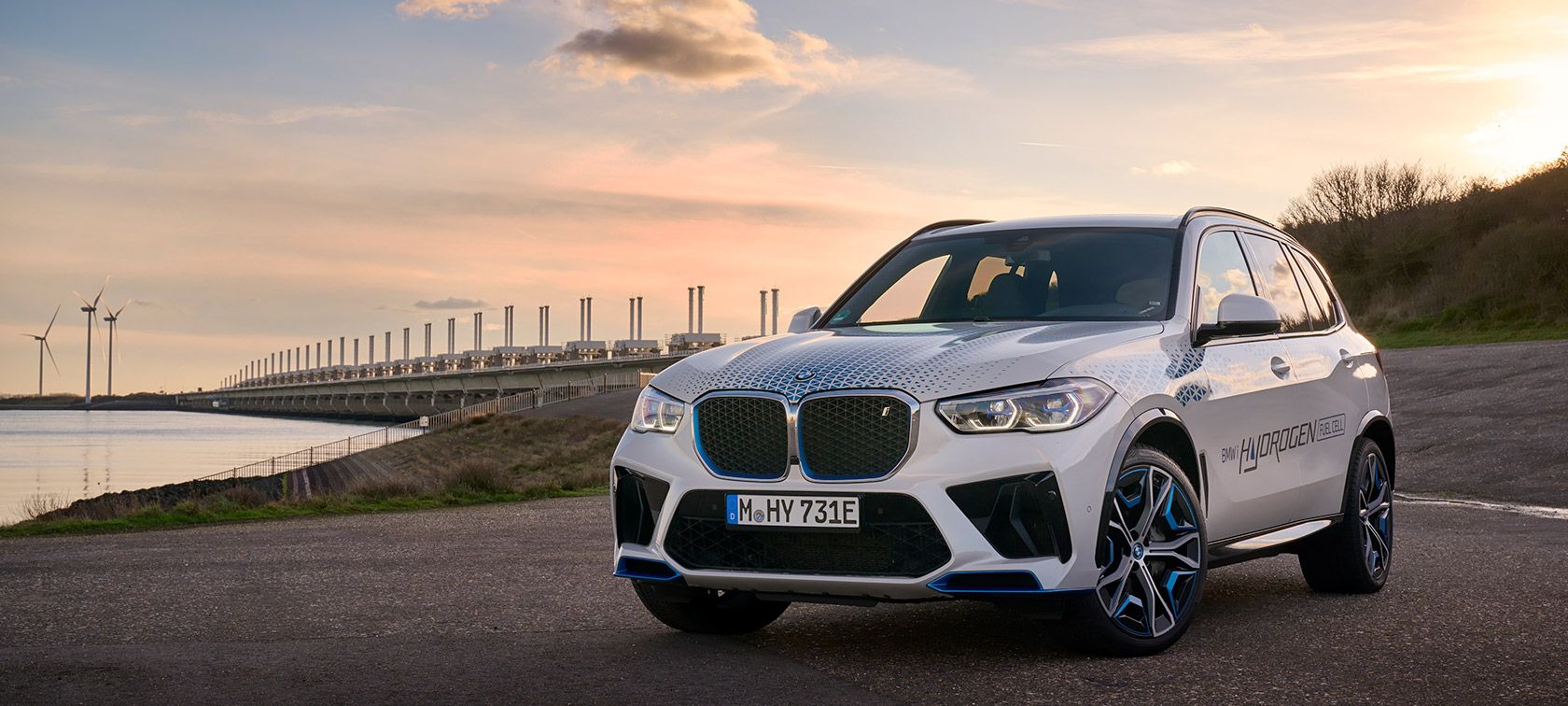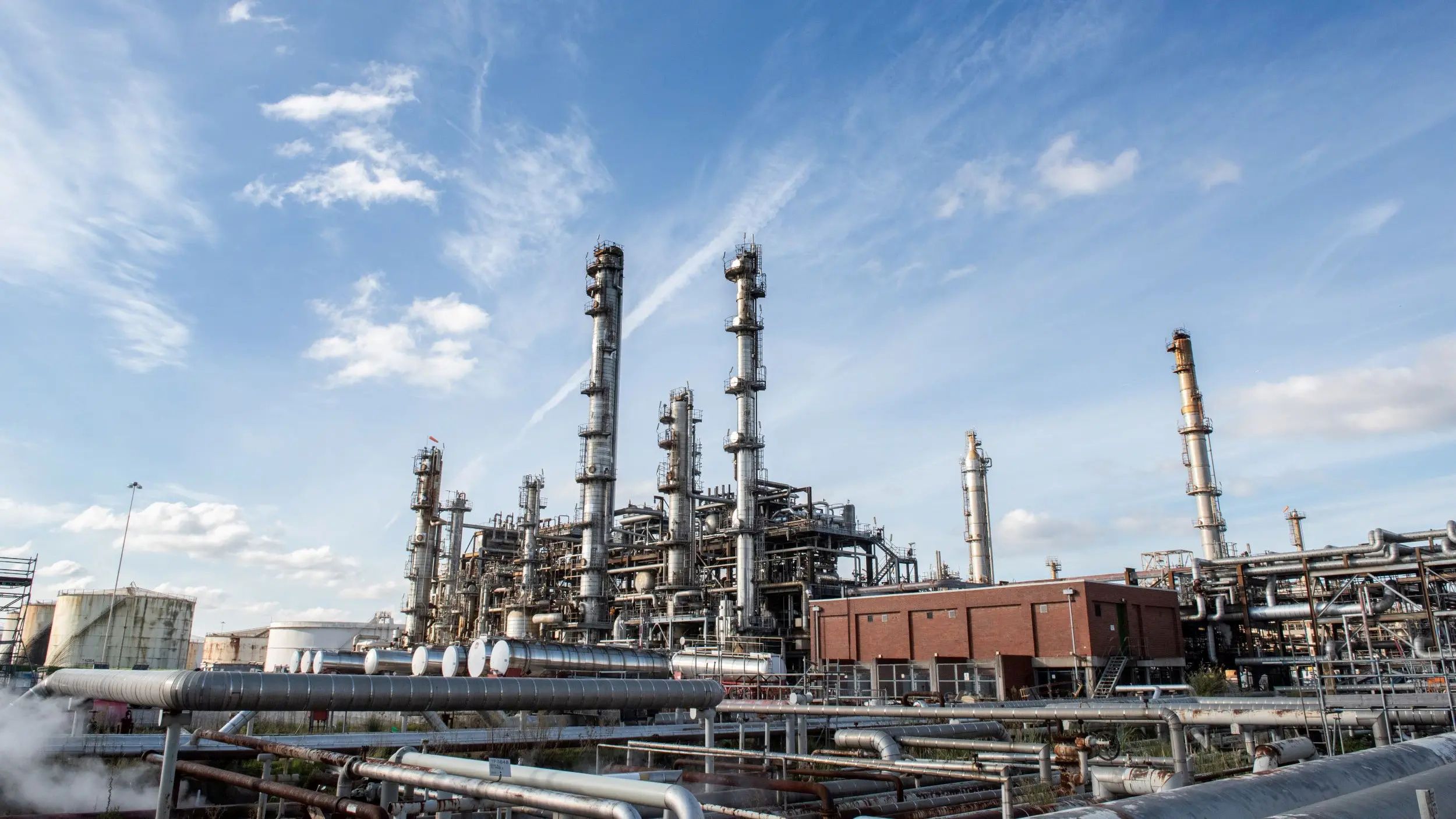Hydrogen will make a “valuable contribution” to electric systems says BMW

With a range of up to 313 miles, the iX5 can be refuelled in 3-4 minutes. Credit: BMW Group
With the upcoming launch of a hydrogen-powered model in 2028, Cat Vitale spoke to the BMW Group on how hydrogen technology can bridge the gap in the energy transition.
Maintaining a stance on keeping sustainability a “vital element of the BMW corporate strategy”, the BMW Group is set to unveil its first ever series-produced hydrogen-powered model in 2028 demonstrating the company’s drive to decarbonise.
A component of its corporate strategy will involve the integration of hydrogen fuel cell technology, which the company believes will complement its battery electric vehicle (BEV) offerings and play an essential role in the future of zero-emission driving.
With a key focus on its electric-vehicle portfolio, BMW recognises that electrification alone will not be enough to fully decarbonise the transportation sector.
As a shift to renewable sources continues, there will be a need for an energy carrier that can store and transport this energy over long distances and across different regions. This is where hydrogen comes into play.
Following an interview with Dr. Michael Rath, Head of Hydrogen Vehicles at the BMW Group, Hydrogen Industry Leaders were able to gain an insight into how the auto giant views hydrogen’s role in the auto economy.
The “future is electric”
The BMW Group, which is expecting the share of all-electric vehicles to exceed 50% by 2030, highlighted that one of its main strategies involved in the sustainability plan is electromobility, with the new “Neue Klasse” product set to accelerate the shift to electric vehicles even further.
Stating how “the future is electric” Rath explained how moving forward the company will need to “leverage all available technologies, one that can be easily stored and transported over long distances.
Hydrogen technology, he explained, will complement the company’s efforts with electric vehicles by addressing the specific needs of certain customers and markets where battery technology alone may not suffice.
Speaking on the personal mobility needs of BMW customers across the world, Rath added that “for people who travel a lot by car and need a high degree of flexibility, an FCEV may be the right solution”. However, he noted how fuel cell technology can “only be used in an economically and ecologically meaningful way”, which will become viable if hydrogen is produced using renewable energies and made available at competitive prices for use in the transport sector.
Learning from the BMW iX5 Hydrogen pilot
Through the pilot trial of the BMW iX5, the group gathered key understandings into the development of future hydrogen-powered vehicles.
As stated by Rath, the trial was set to “inform future improvements in hydrogen fuel cell technologies” highlighting that the trial already showed how FCEV vehicles offer the advantages of electric driving and locally zero emissions.
The pilot trial, which has been described as a “world tour”, oversaw the vehicles driven across over 20 countries covering nearly 1 million kilometres, leading to key lessons being documented. From analysis of the vehicle’s “robust performance under diverse driving conditions” and the importance of developing a comprehensive hydrogen refueling infrastructure, it is clear that BMW’s commitment to advancing hydrogen technology goes beyond vehicle production.
By actively investing in both hydrogen refueling and electric vehicle charging infrastructure. BMW believes that developing both systems simultaneously is a more cost-effective approach than focusing solely on expanding electric charging stations. Collaborating with partners such as Toyota, BMW is working on regional projects to advance hydrogen mobility and support the necessary infrastructure.
Overcoming challenges to widespread adoption
While the goals for widespread adoption are set high on some agendas, Rath noted how wide-scale use in passenger cars will “depend on the availability of green hydrogen in individual markets”.
With the future of hydrogen use in the mobility sector and beyond under scrutiny it’s crucial that a hydrogen economy is created that will align with both the supply and demand.
Commenting on the potential that hydrogen holds for the mobility and transport sector, Robin Futcher, MD at Commercial Fuel Solutions added how while hydrogen is currently considered “cost-prohibitive”, its “economic viability is increasingly promising especially with advancements in production technology”.
BMW’s hydrogen strategy remains a “forward-thinking approach” to sustainable mobility and while battery-electric vehicles remain the centerpiece of the company’s decarbonisation efforts, hydrogen technology will provide a valuable complement for drivers who require faster refueling and longer-range capabilities.
Although the BMW Group has experienced great success with its electric powertrain products, they stated that in the long term they are convinced that a second emission-free drive system variant will make sense.
As concluded by Rath, policymakers, business and academics are all working towards the same goal which is to “drive the energy transition and establish hydrogen as a key component of sustainable mobility”.
